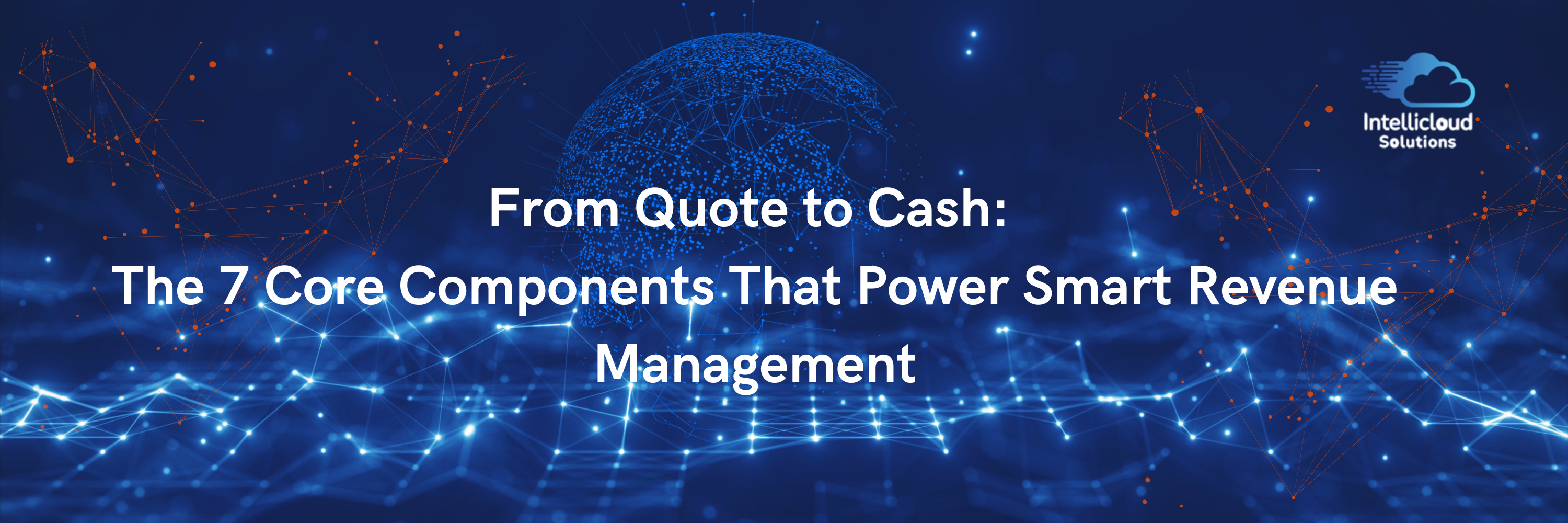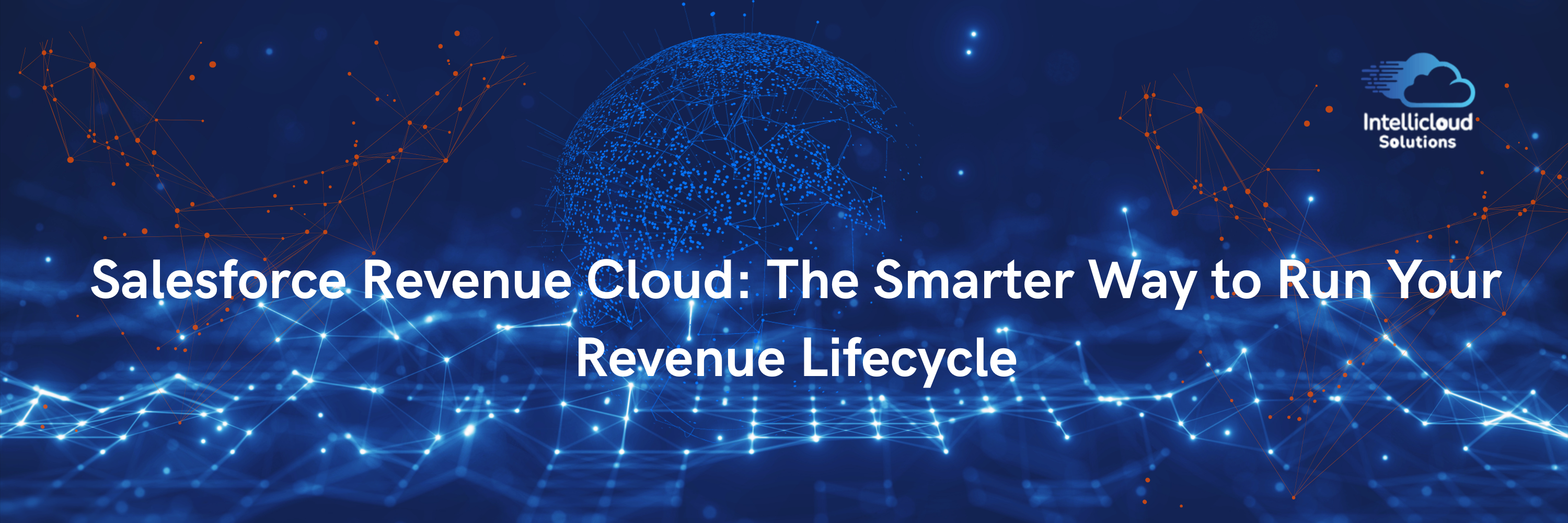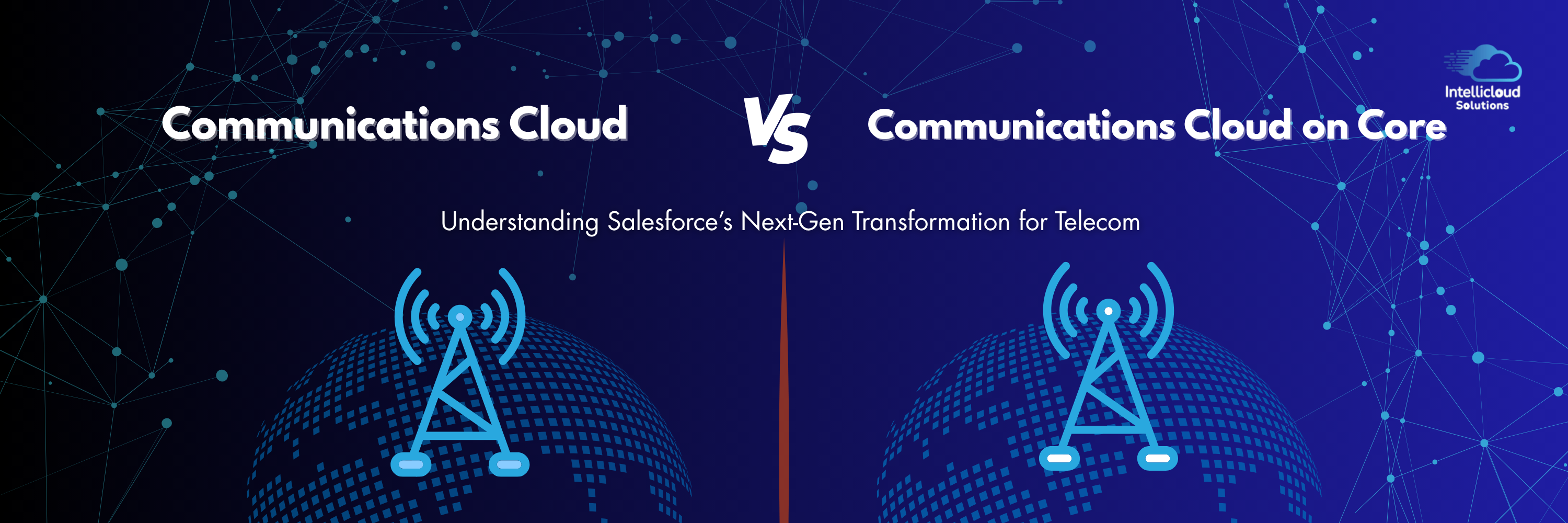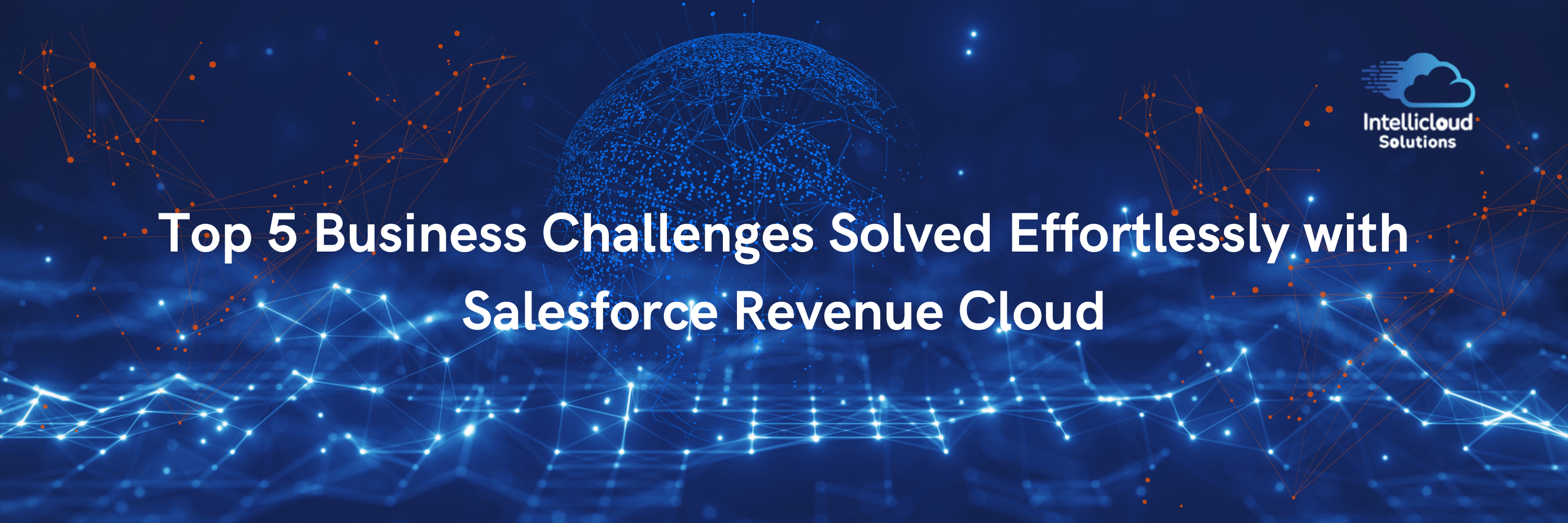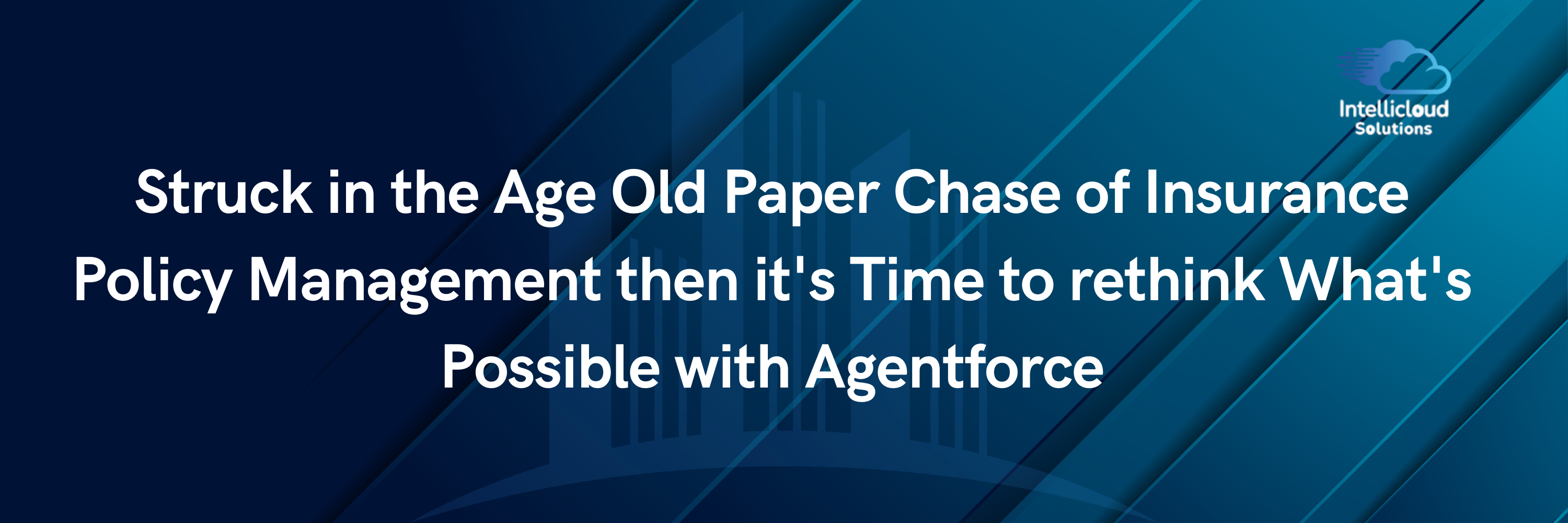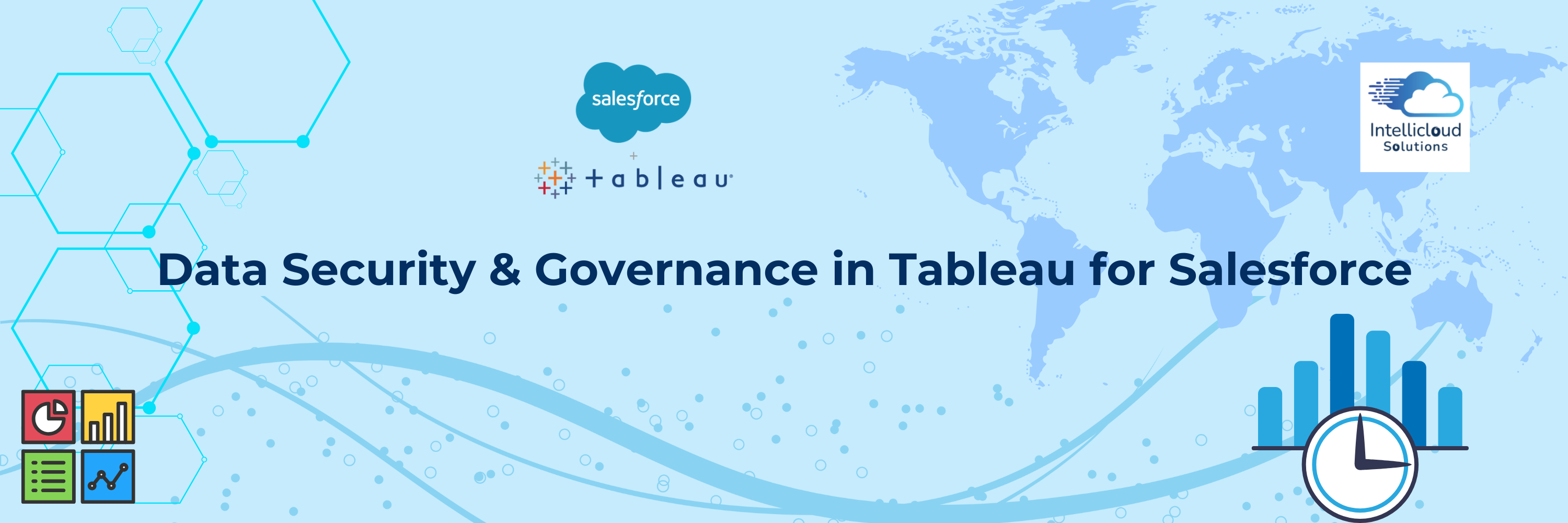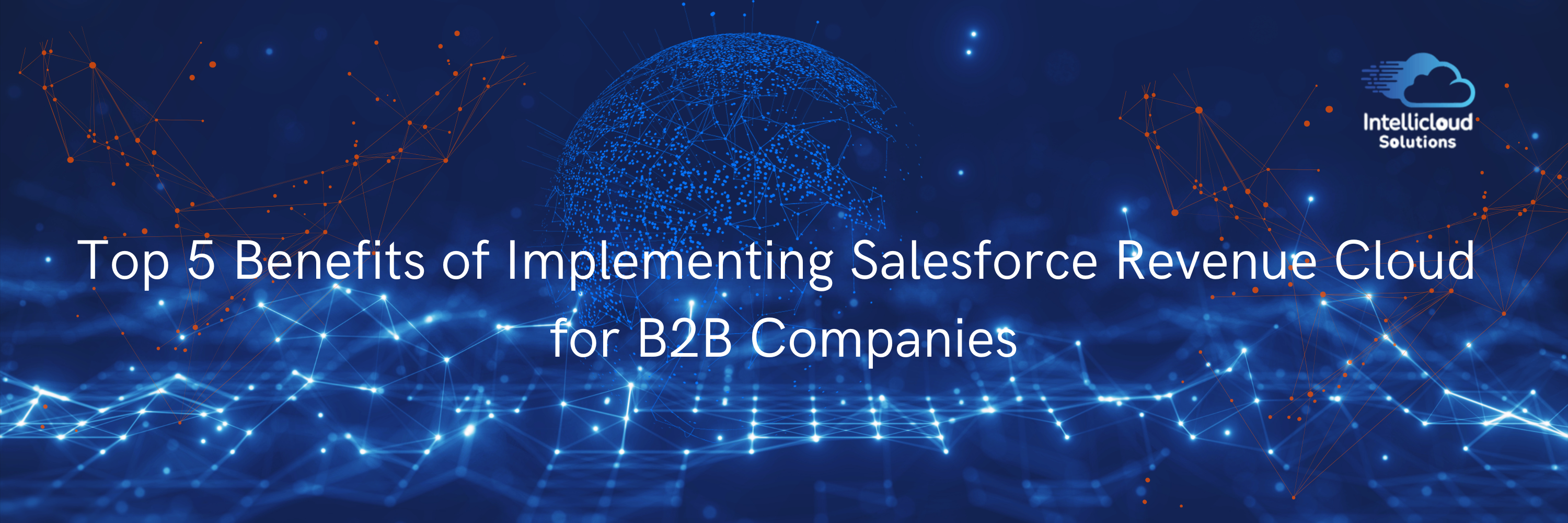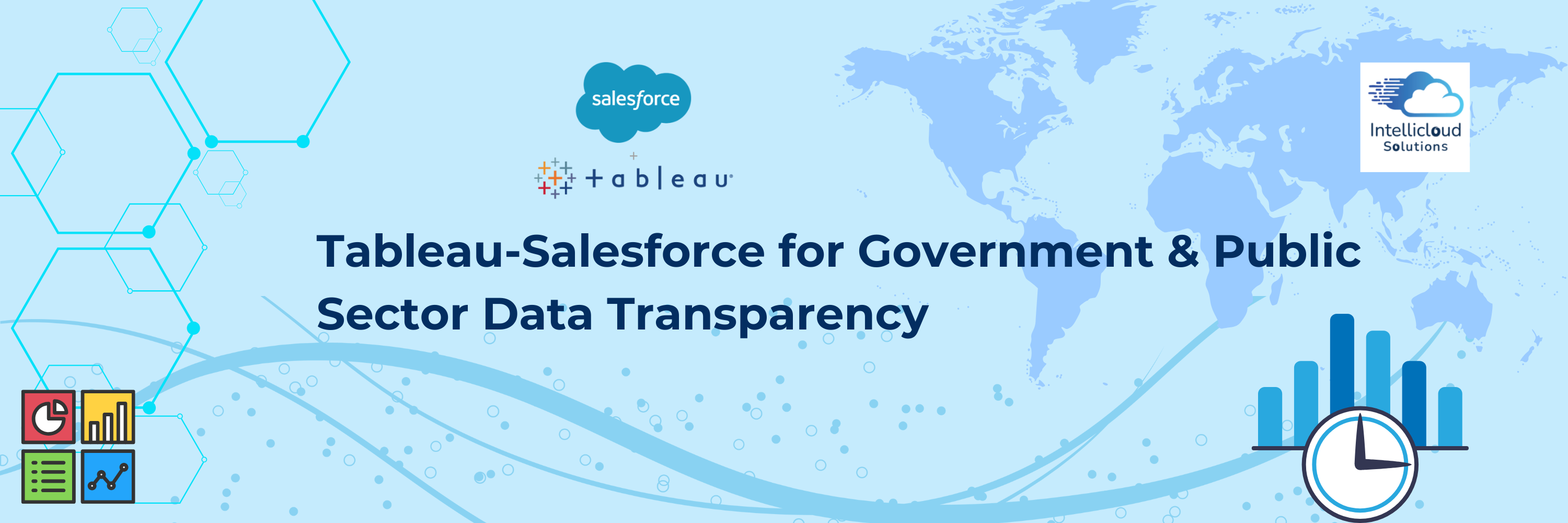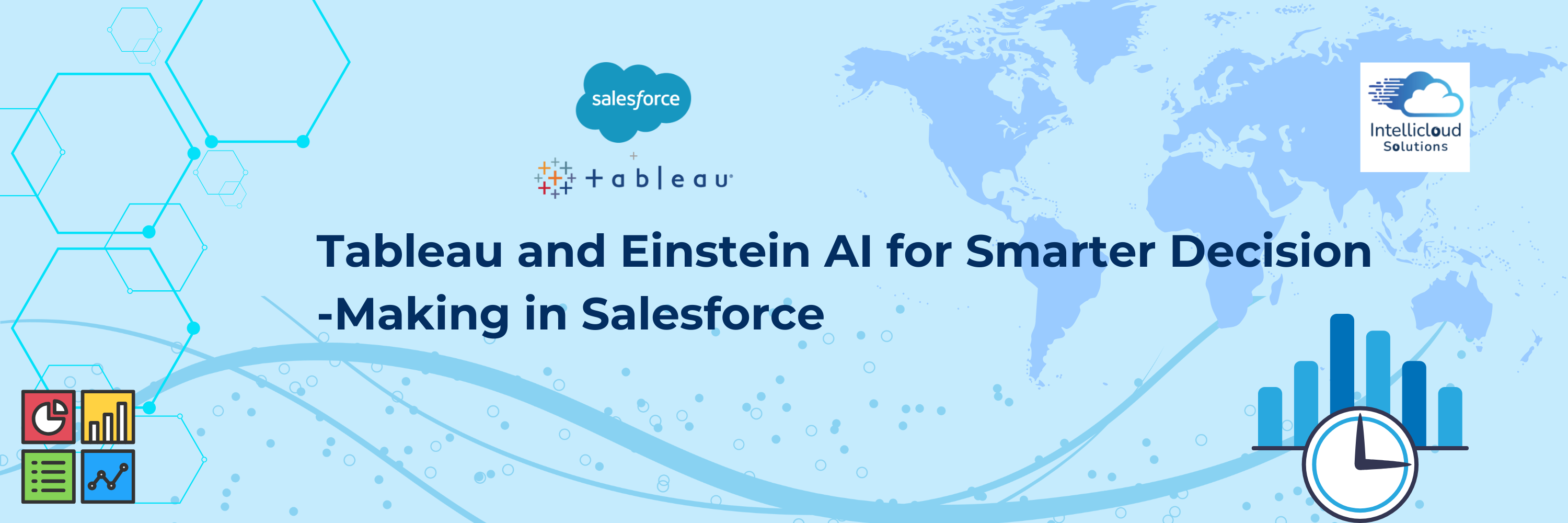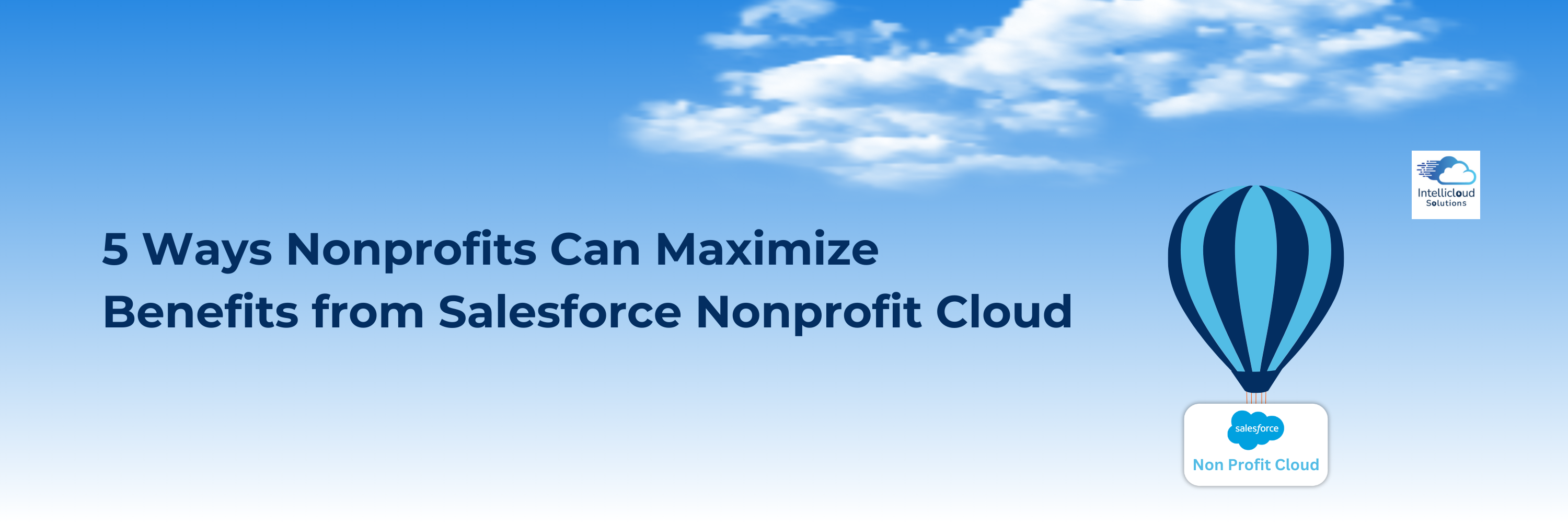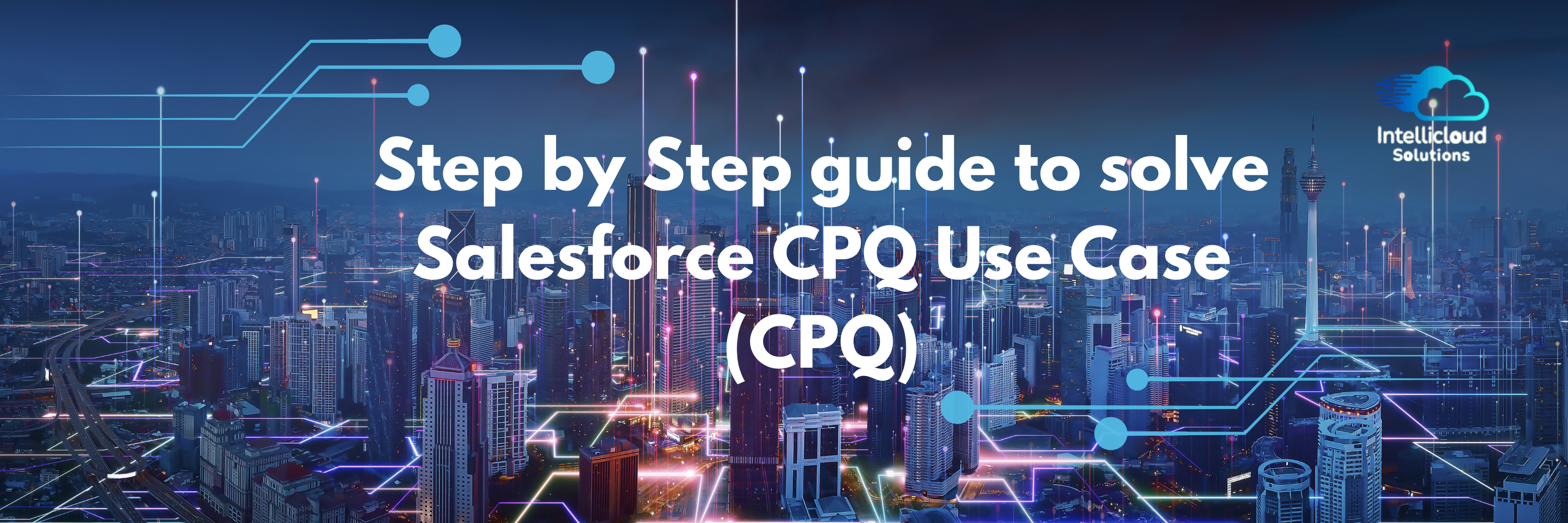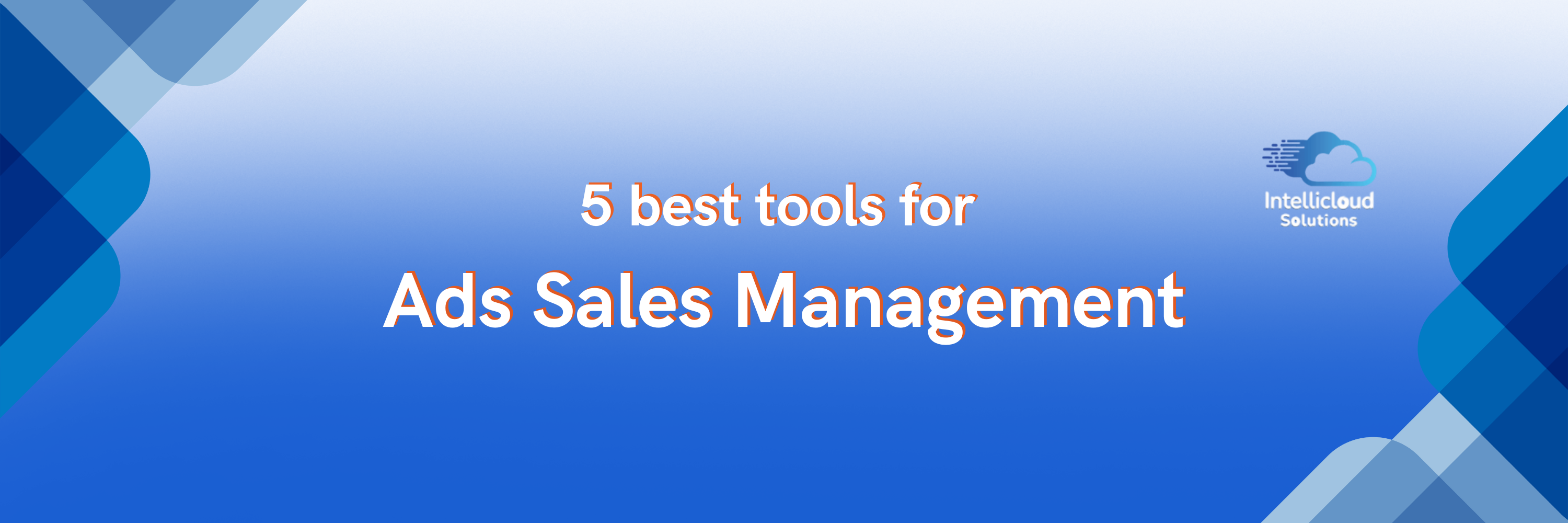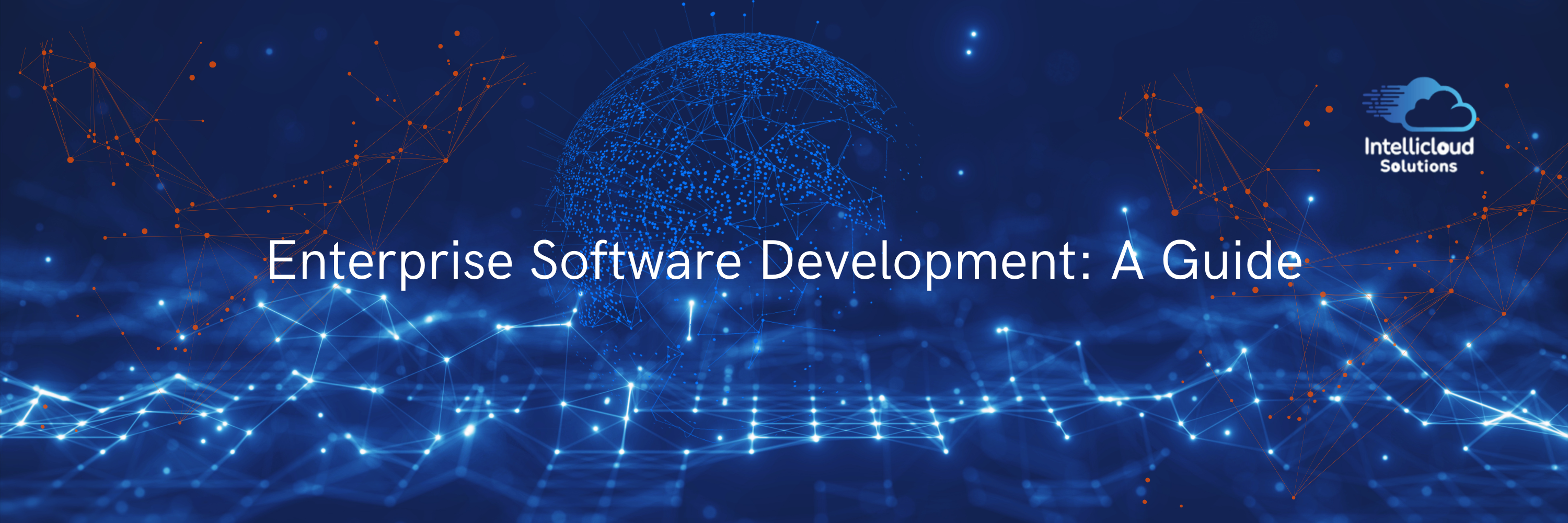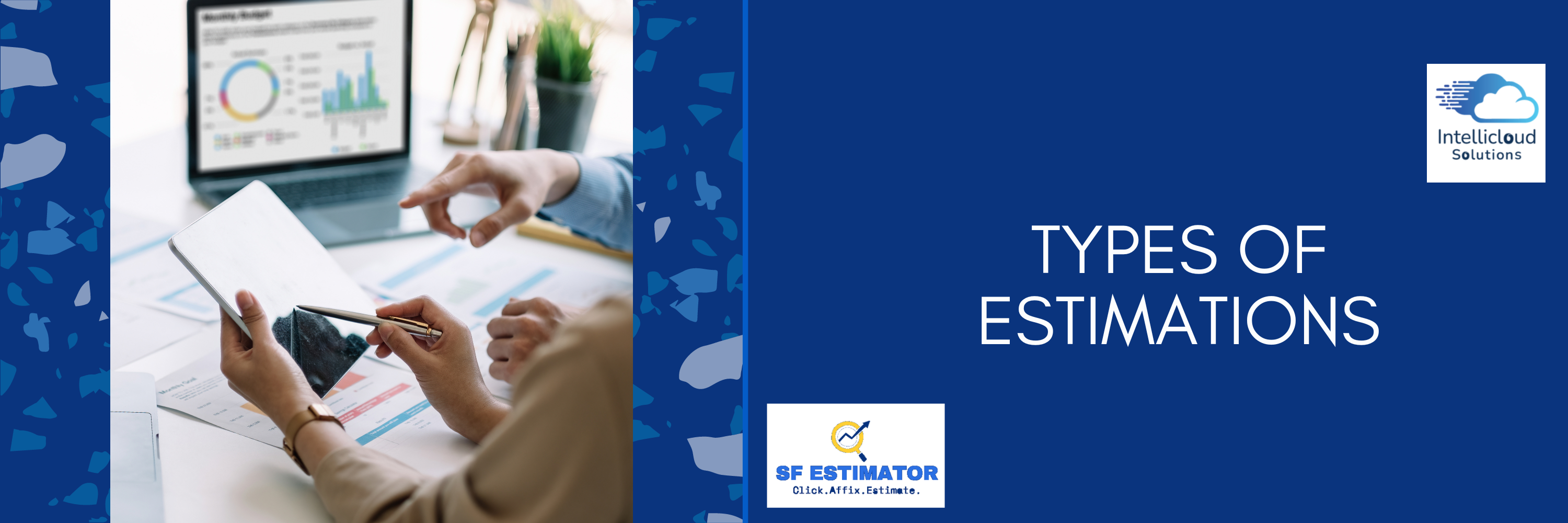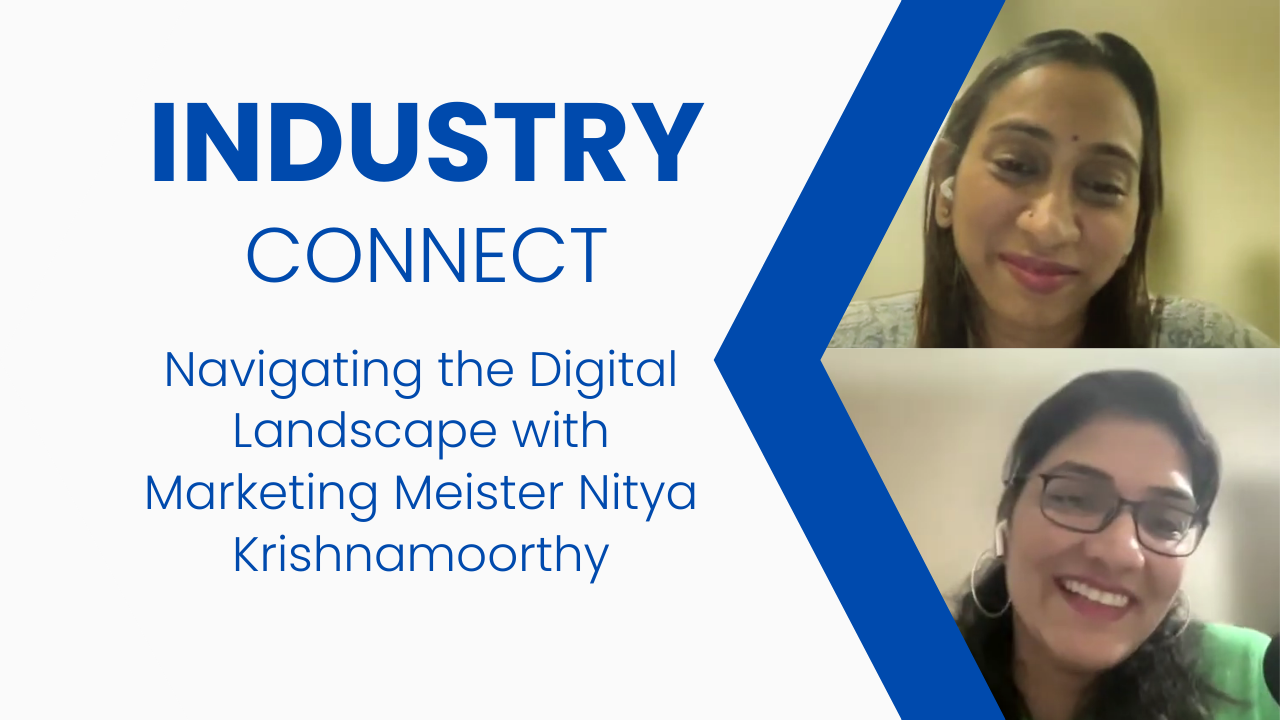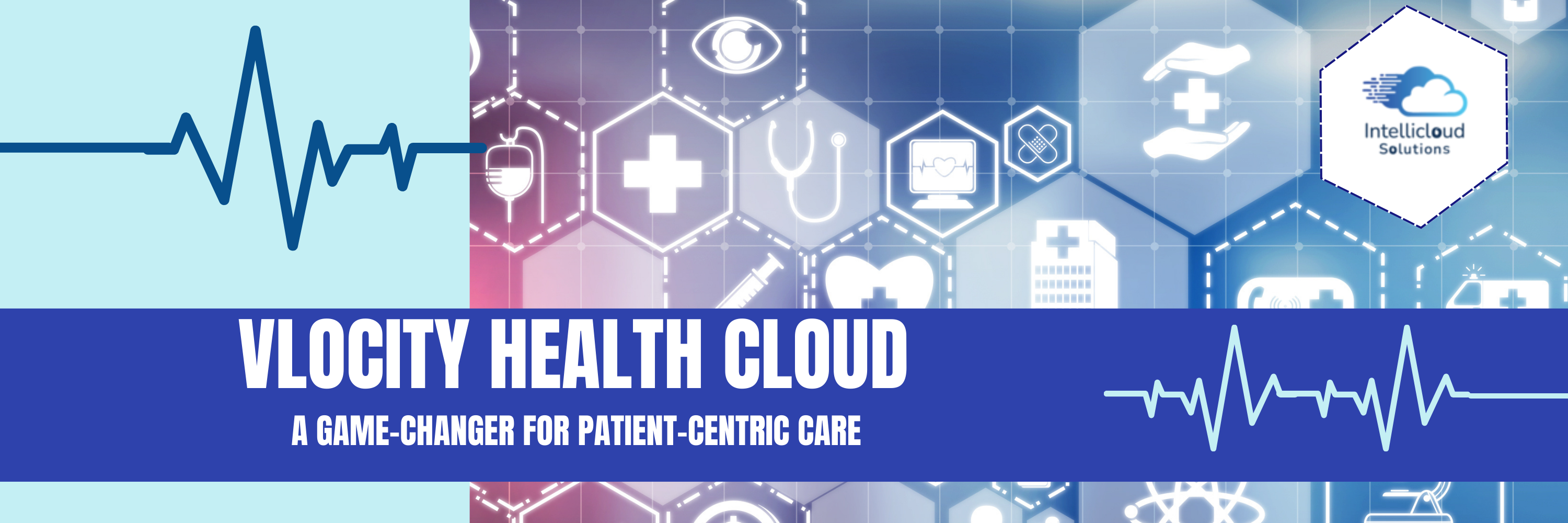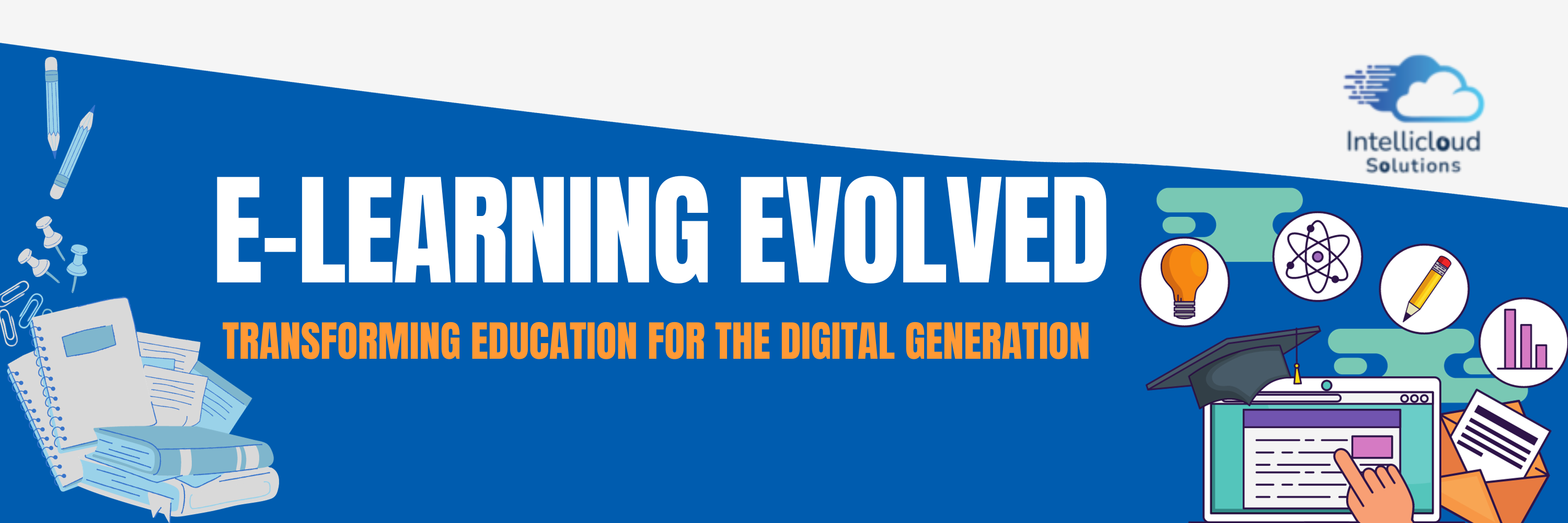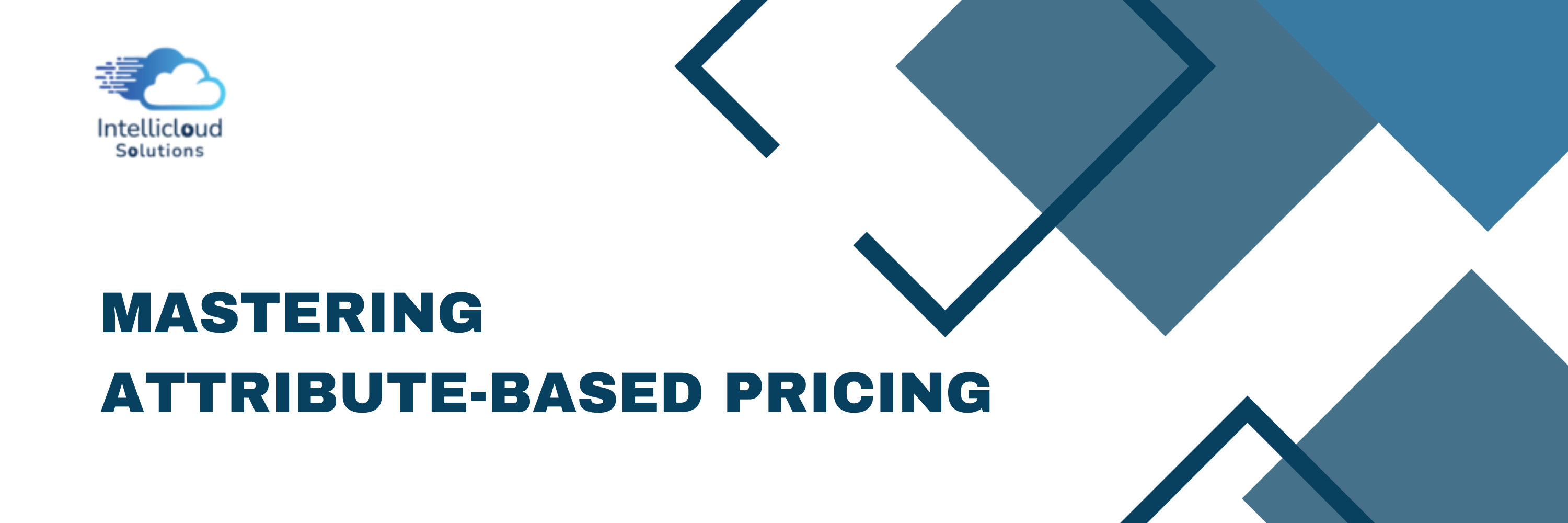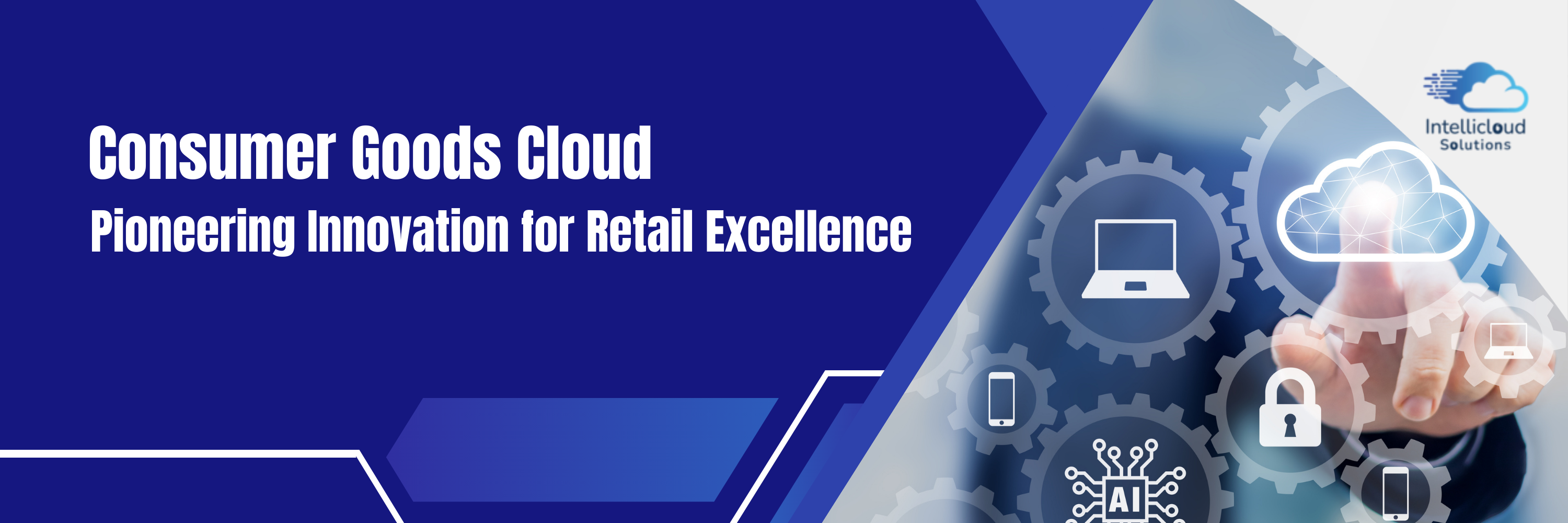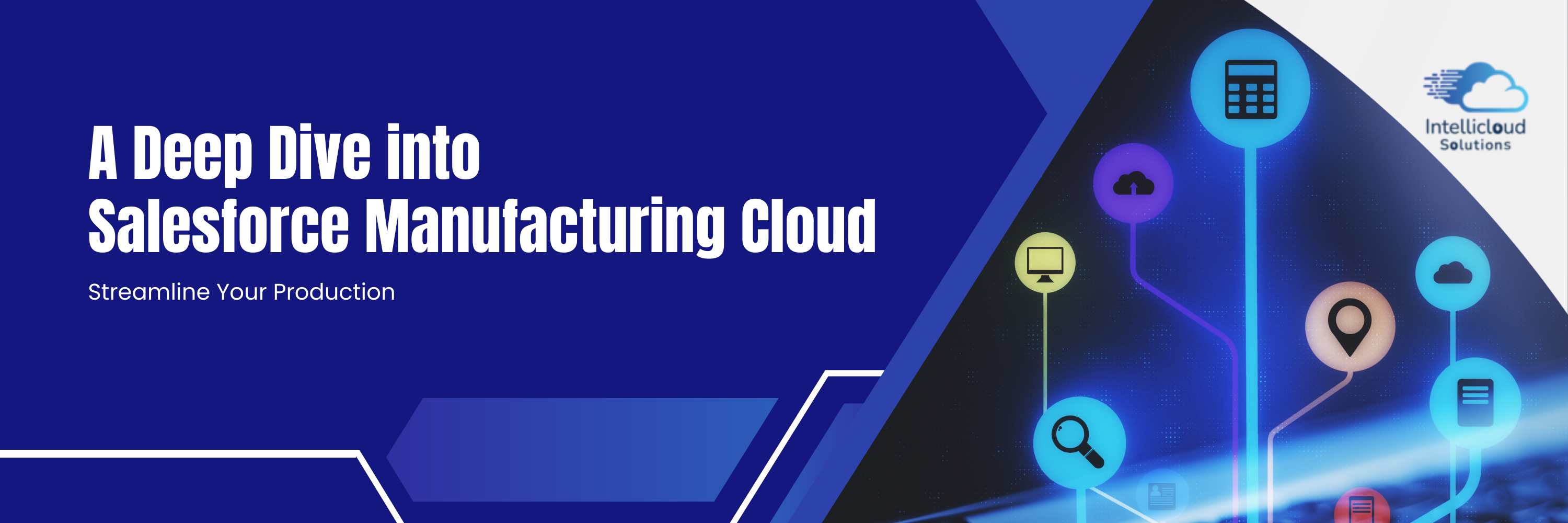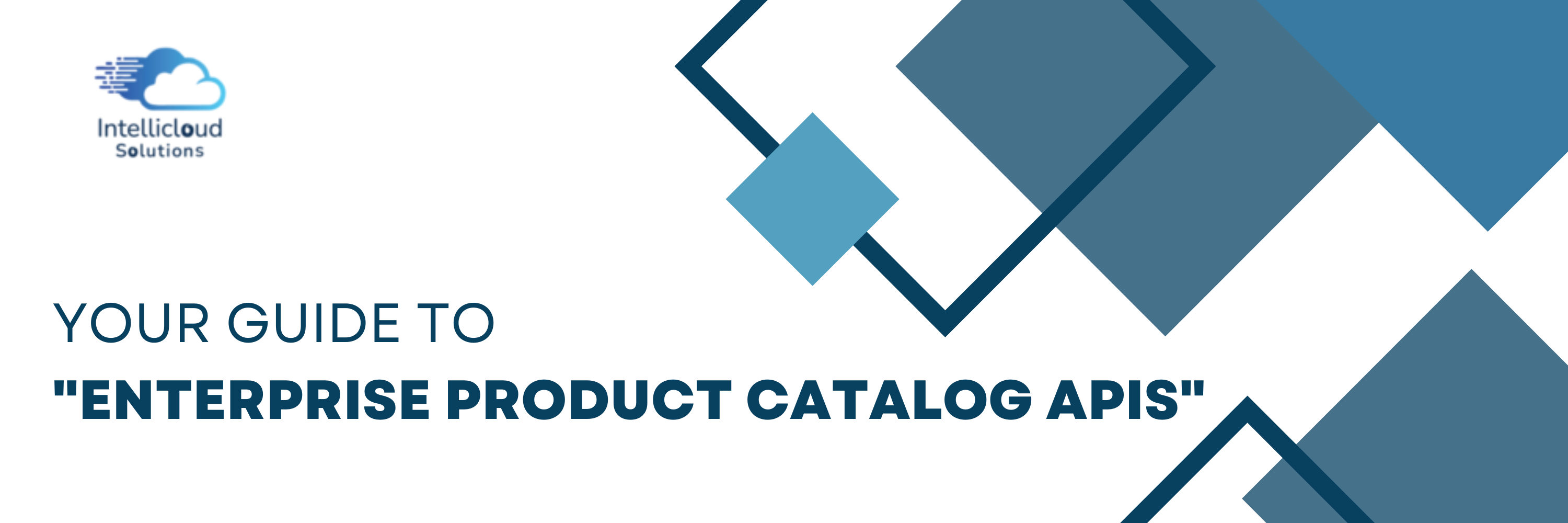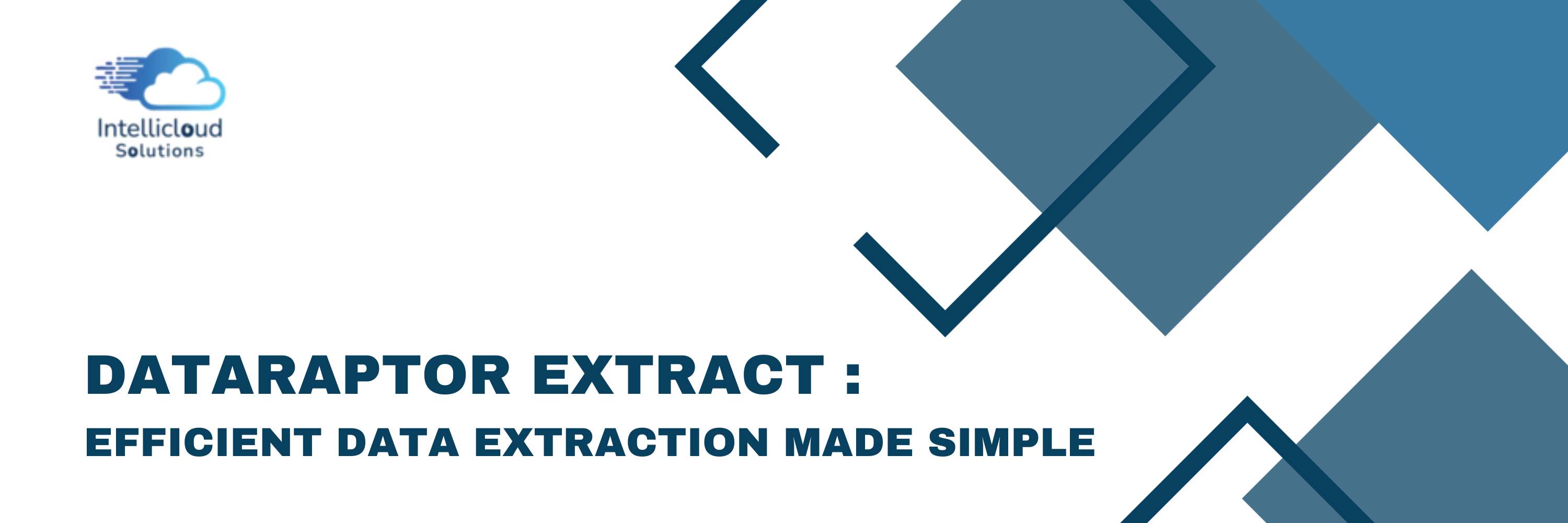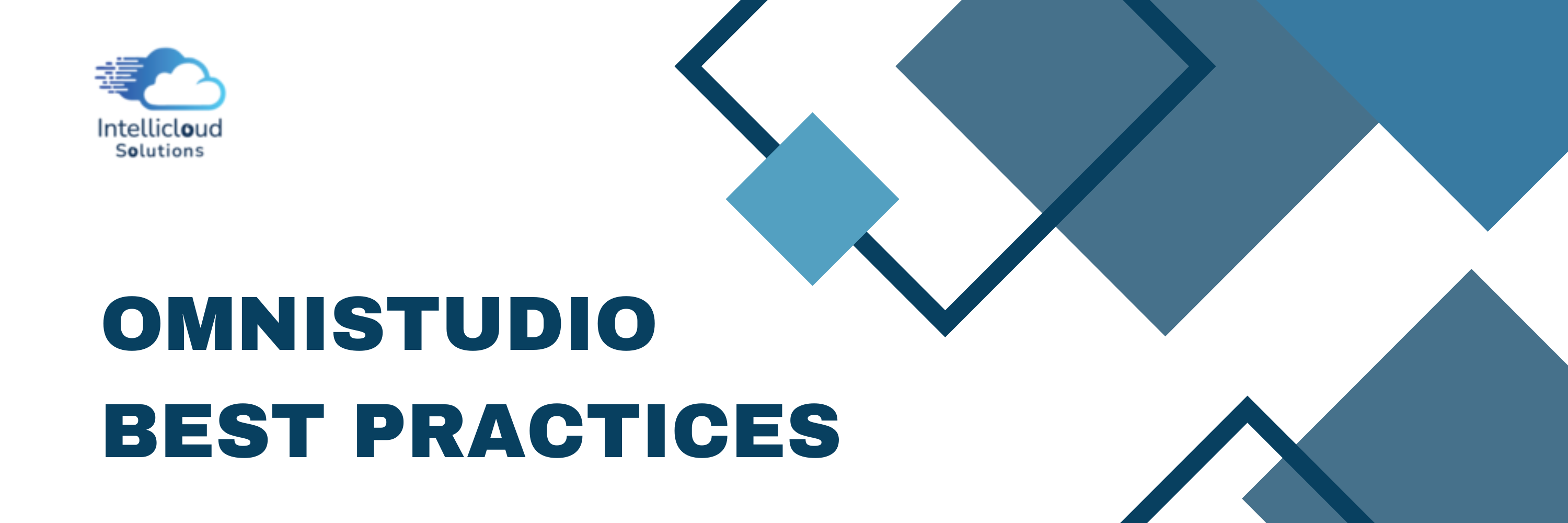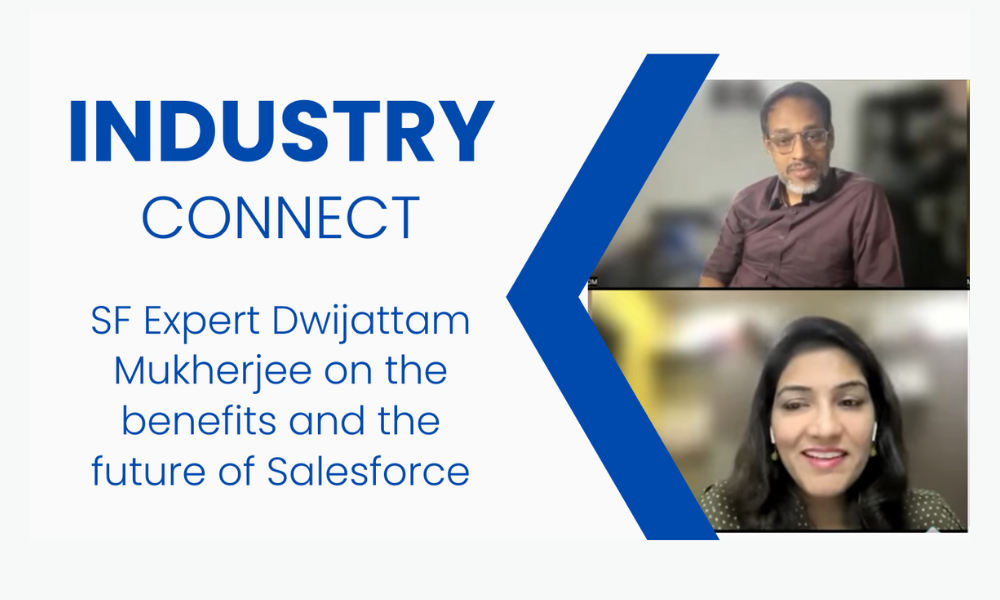Introduction
In today’s competitive landscape, businesses need to do more than close deals; they need to manage the entire revenue journey efficiently, from first quote to final payment. That’s where Revenue Lifecycle Management (RLM) comes in.
Revenue Lifecycle Management is a modern, connected approach to sales and finance. It brings together every part of the revenue process from product configuration to billing into one smooth, intelligent system. Let’s explore the 7 essential components of RLM that leading businesses rely on to scale faster and smarter.
Quote-to-Cash is the full journey from creating a quote for a customer to receive the final payment. It includes:
- Configuring the product or service
- Creating and sending the price quote
- Getting the deal approved and signed
- Sending an invoice
- Receiving payment
- Managing contracts, renewals, or changes
It sounds simple but for many businesses, each of these steps is handled in a different system or by a different team, which leads to delays, mistakes, and unhappy customers.

1. Product Catalog Management

What it is: The centralized library of all your offerings, products, services, bundles, and price plans
Why it matters: A structured product catalog ensures that your sales, marketing, and operations teams all use the same source of truth. It supports
- Fast product launches
- Tailored bundles for different markets or segments
- Clear communication and reduced selling errors
Business impact: Fewer manual updates, more accurate offers, and quicker quote generation.
2. CPQ (Configure, Price, Quote)

What it is: A smart tool that helps sales teams configure solutions, apply correct pricing, and generate quotes instantly.
Why it matters: As businesses grow and offerings become complex, CPQ ensures:
- Consistent and compliant pricing
- Faster quote turnaround
- Fewer errors in deal structuring
Business impact: Shorter sales cycles, increased sales productivity, and a more professional buying experience.
3. Quote
What it is: The process of sharing a clear, detailed offer with the customer.
Why it matters: A well-structured quote shows credibility and reduces confusion. Quotes can include:
- Product configurations and quantities
- Pricing, taxes, and discounts
- Terms and expiration dates
Business impact: Improved close rates and better customer trust.
4. Contract Management

What it is: The creation, negotiation, and signing of agreements following quote approval.
Why it matters: Contracts ensure both sides are aligned on terms. Modern RLM platforms allow:
- Automated contract generation using templates
- Integration with legal approvals
- E-signature functionality
Business impact: Reduced legal bottlenecks and faster deal closures.
5. Order Management

What it is: Turning a signed contract into a fulfilled order.
Why it matters: Once a deal is closed, it must be delivered efficiently. RLM ensures:
- Smooth handoff from sales to operations
- Clear visibility into fulfillment timelines
- Status tracking for stakeholders
Business impact: Stronger delivery performance and customer satisfaction.
6. Asset Management

What it is: Tracking what customers have purchased, subscribed to, or are currently using.
Why it matters: Understanding customer assets allows your business to:
- Deliver better support
- Identify upsell or renewal opportunities
- Manage warranties or usage limits
Business impact: More predictable revenue and long-term customer retention.
7. Billing

What it is: Generating accurate, on-time invoices based on the contract terms.
Why it matters: RLM automates billing for:
- One-time purchases, subscriptions, or . usage-based pricing
- Prorations or mid-cycle changes
- Compliance with tax and accounting rules
Business impact: Improved cash flow, reduced billing errors, and faster collections.
Final Thought: The Power of a Unified RLM System
When all these components work together under one roof like with Salesforce RLM magic happens:
- No manual handoffs or spreadsheet confusion
- Real-time visibility across teams
- Happy customers with smoother buying experiences
- Faster sales, fewer errors, and stronger cash flow
With Salesforce Revenue Cloud, you can unlock new growth opportunities by streamlining your sales, billing, and revenue processes. It helps you move faster, make smarter decisions, and scale your business with ease—all while keeping your customers happy and your teams aligned.
📞 Contact us at Intellicloud Solutions today — Take your revenue strategy to the next level with Revenue Cloud.
